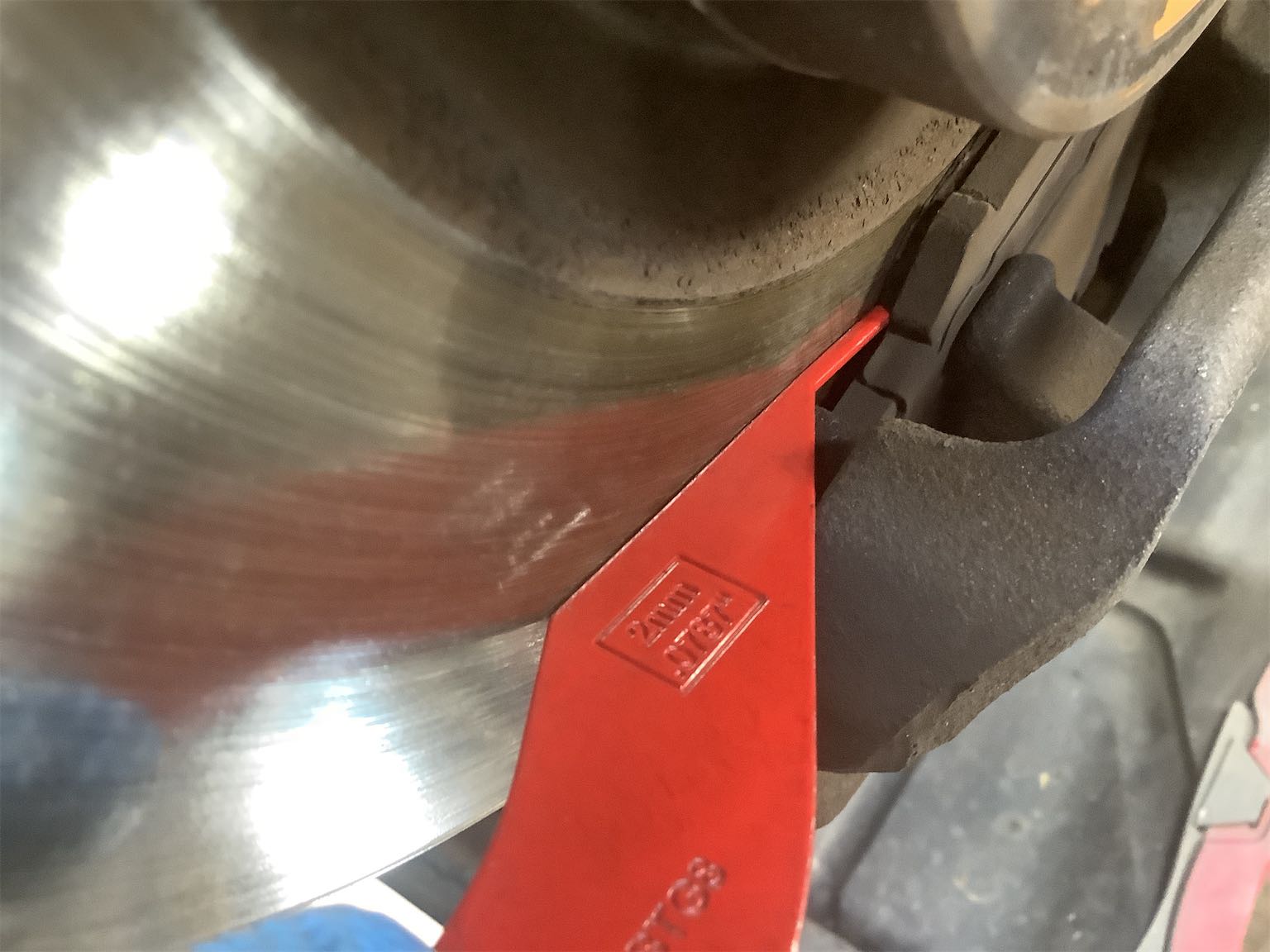Posted on 3/29/2023
Have you heard the saying, "Good. Fast. Cheap. Any two, but never all three"? Well, in my opinion, this is true. Nowadays there is no such thing as an "oil change". To care for your car, you should consider a 5,000-mile or 4 to 6-month service (whichever occurs first). I know many of you are saying, "but I'm not driving my car as much". Hear me out. Most vehicle manufacturers state that oil services should be performed every 5,000, 7,500, or 10,000 miles. Have you ever asked yourself why in recent years that has changed? It was standard to have your car serviced every 3-4 months or every 3,000 to 5,000 miles. Well, I did my research! I found that the main reason for the change was to meet JD Powers' service standard requirements. In doing so, this brings down the cost-to-own and makes the vehicle more appealing to you, the consumer. What they neglect to advertise is that engine oil, as with any other lubricant, breaks down over time. W ... read more
Posted on 3/8/2023

There could be several reasons why your car shakes when you press the brakes. Some of the most common causes include: 1. Warped or damaged brake rotors: When the brake rotors are warped or damaged, they can cause the brake pedal to vibrate or shake when you apply the brakes. 2. Worn brake pads: Over time, the brake pads can wear down, causing them to vibrate or shake when you apply the brakes. 3. Loose or worn suspension components: If your car's suspension components, such as the shock absorbers, struts, or ball joints, are worn or loose, they can cause the car to vibrate or shake when you brake. 4. Sticking brake caliper: A sticking brake caliper can cause the brake pads to wear unevenly, leading to shaking or vibration when you brake. 5. Unevenly worn tires: If your car's tires are worn unevenly, they can cause the car to shake or vibrate when you brake. It is recommended that you have a qualified mechanic inspect your car to determine the exact cause of the shaking wh ... read more